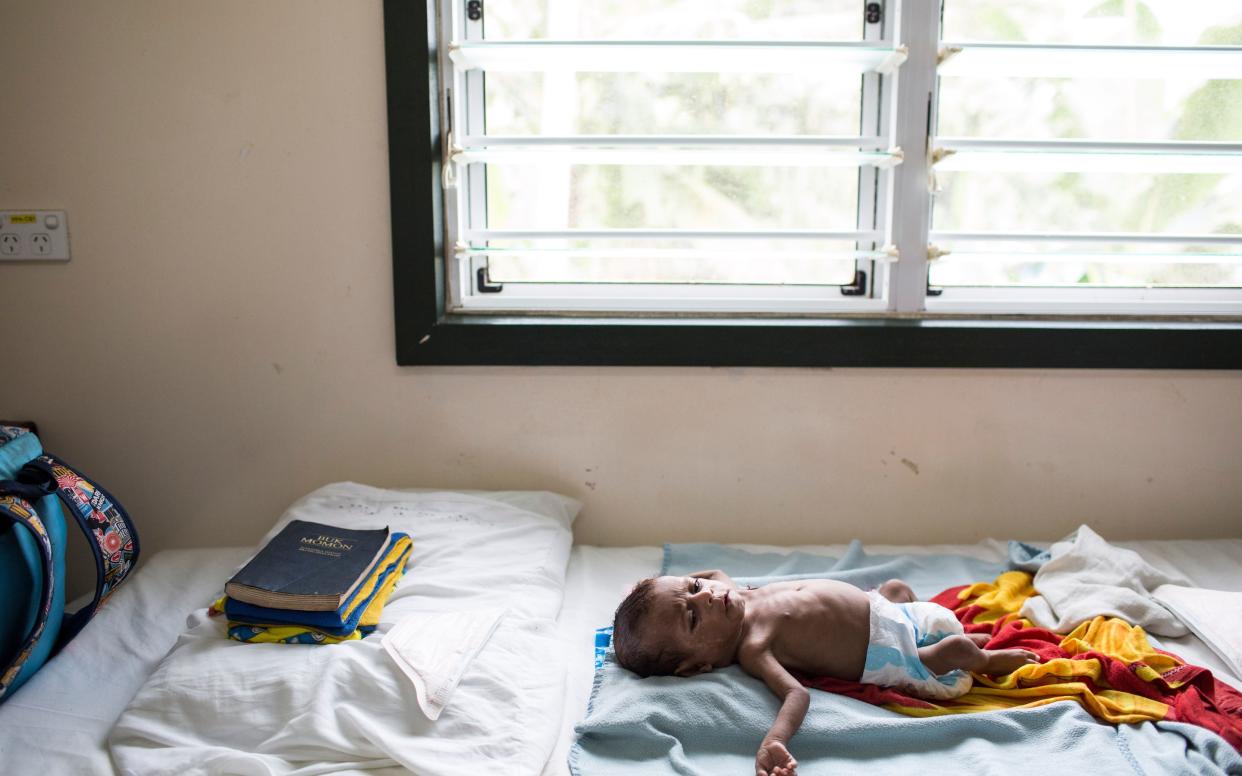New funding models for health urgently needed, experts warn

Finance ministers must use their “political firepower” to help tackle some of the most pressing health challenges such as obesity and tuberculosis.
According to a report from the G20 Health and Development Partnership - a global coalition of charities, businesses and academics - the world is failing to invest in the fight against ill health, with countries at risk of being left behind.
And unless finance ministers “take ownership” of efforts to develop new financing models, both the human and economic repercussions will be huge, the report warns.
“Between now and 2030, deaths from noncommunicable diseases will double in G20 countries, while infectious diseases like tuberculosis are becoming drug resistant,” said Alan Donnelly, convener of the G20 Health and Development Partnership.
“We need more concerted activity for research and development to tackle this existential crisis. This is no longer just an issue for health ministers, it is now an issue for heads of government and for finance ministers because of the threat to the global economy as well as to humanity.
"Government funding isn’t going to fix this alone,” he added.
It calls for innovative solutions to funding health, arguing that ill health could cost the world billions in treatment and lost productivity, with estimates suggesting that the global cost of a moderately severe or severe pandemic would be US $570 billion, or 0.7 per cent of global income.
The report recommends new models to overcome the so-called "10-90" gap, where less than 10 per cent of world health resources benefit developing countries, which experience more than 90 per cent of infectious diseases.
For example in France, micro-levies on airline tickets have raised more than 1.5 billion euros since 2016, with the money directed towards controlling HIV, malaria and TB.
The report comes amid a growing global recognition of the importance of human capital for economic development, with the World Bank publishing the inaugural human capital index last year.
The index ranked countries according to the “skills, health, knowledge and resilience” of its people, rewarding those which invest in the health and education of the population. Britain came 15th, with Singapore ranking top.
Other estimates suggest that if Africa invests in the health and education of its young population, economic growth would be boosted by nearly 90 per cent by 2050.
“Good health is clearly one of the ways in which countries can more rapidly lift themselves higher, through ensuring access to quality health services,” Lord Jim O’Neill, chair of the Royal Institute of International Affairs at Chatham House, wrote in the report published on Tuesday. “But most health services have been set up as separate parts of the state and were not integrated into long term economic planning.
“[This] is an appeal to G20 finance ministers to remove the silo walls around health care.”
The partnership is presenting the report to the heads of government finance and health ministers in advance of the joint G20 health and finance ministers meeting in Japan in June.
“If we get the G20 countries on board, other non G20 countries will follow,” said Mr Donnelly. “I am confident of support, many are interested because it’s not about getting [governments] to give more money, but getting society more engaged in this in a structured way.”
Protect yourself and your family by learning more about Global Health Security

